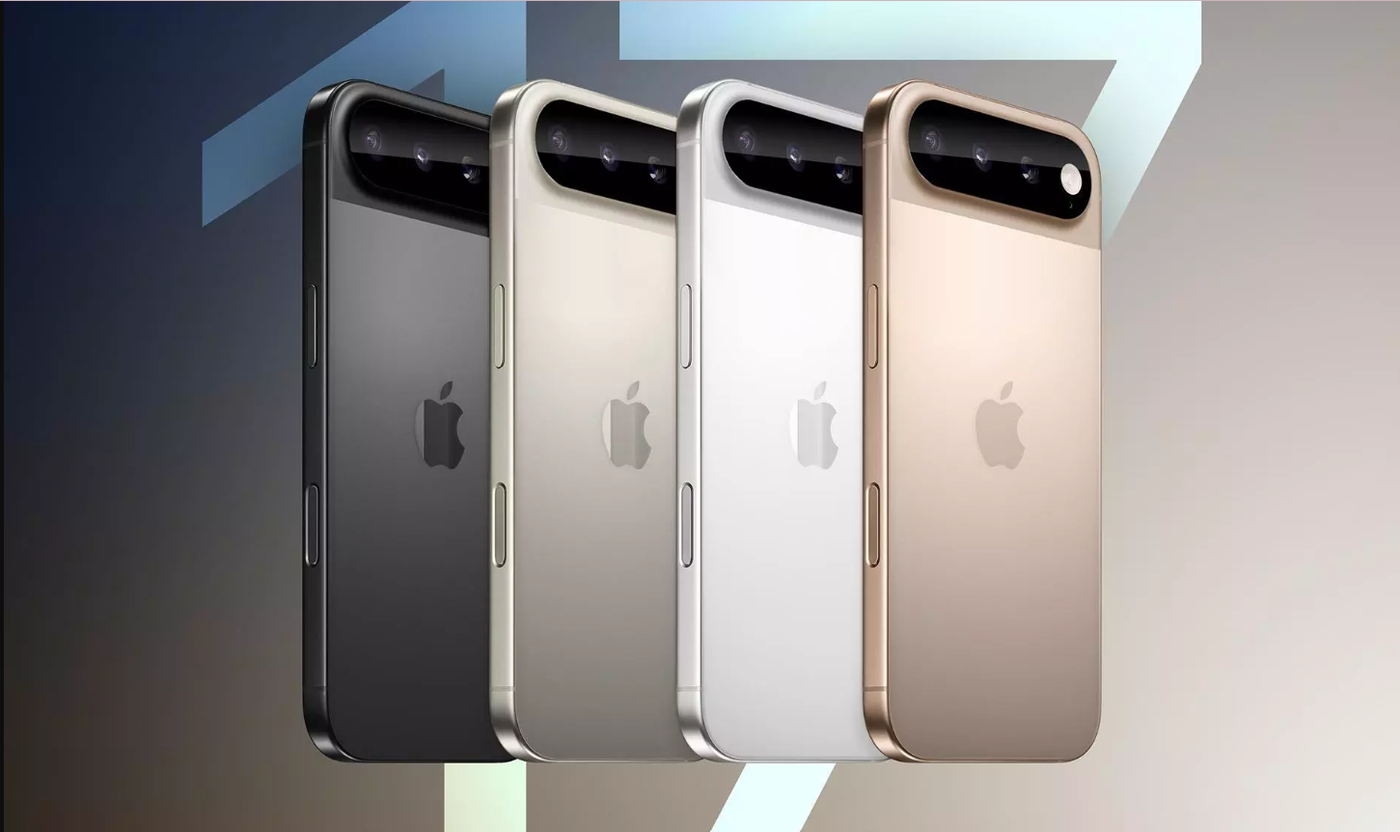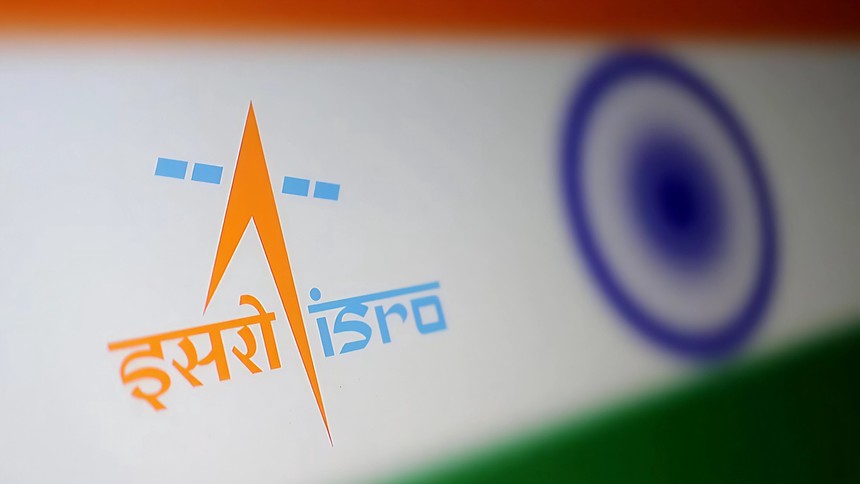Apple’s next big release is already in motion. The iPhone 17 series, which is expected to launch in September, has reportedly entered mass production at Foxconn’s Bengaluru unit in India. This facility, located in Devanahalli, is Foxconn’s second largest outside of China and has become a crucial site in Apple’s plan to expand manufacturing beyond its traditional base.

According to reports, the standard iPhone 17 is being assembled in Bengaluru alongside production in Foxconn’s Chennai plant. This parallel rollout underlines Apple’s commitment to scaling up its operations in India. The company is reportedly aiming to produce as many as 60 million iPhone units in 2025, a significant jump from the 35 to 40 million units manufactured in the 2024 to 2025 period.
The Bengaluru plant, which began operations after receiving approvals in 2023, represents an investment of nearly 2.8 billion dollars. The move aligns with Apple’s broader strategy to strengthen its supply chain and reduce reliance on Chinese manufacturing, while also responding to India’s growing demand for premium smartphones.
The iPhone 17 is expected to succeed last year’s iPhone 16 lineup and will be part of a broader series that could include the iPhone 17 Pro, iPhone 17 Pro Max, and the rumored iPhone 17 Air, which may replace the Plus variant. Apple is widely expected to unveil the new devices on September 9, continuing its tradition of launching on the first Tuesday after Labor Day. Alongside the iPhone 17 series, the company may also introduce the Apple Watch Series 11 and the Watch Ultra 3.

For Apple, India is not just a market but a key production hub. The start of iPhone 17 assembly here underscores how integral the country has become in Apple’s global plans. As anticipation builds ahead of the September event, the fact that millions of these devices will carry the tag “Made in India” marks a milestone in the nation’s role in the smartphone industry.
Follow Marketing Moves on Instagram and Facebook for more updates on the latest technology trends, brand strategies, and product launches that are shaping the future of consumer tech.














